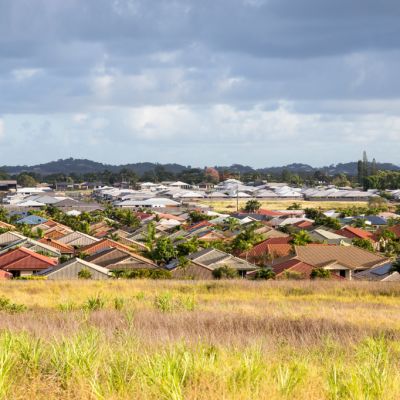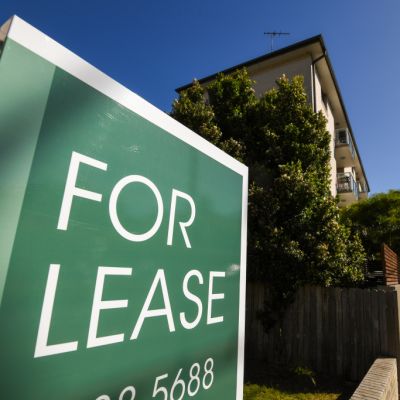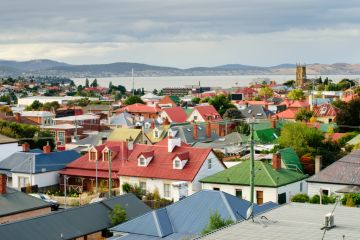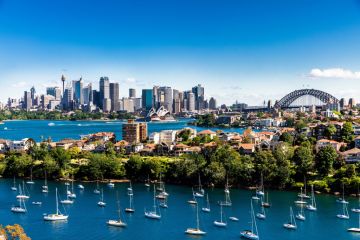The Canberra suburbs where investors are making the highest returns
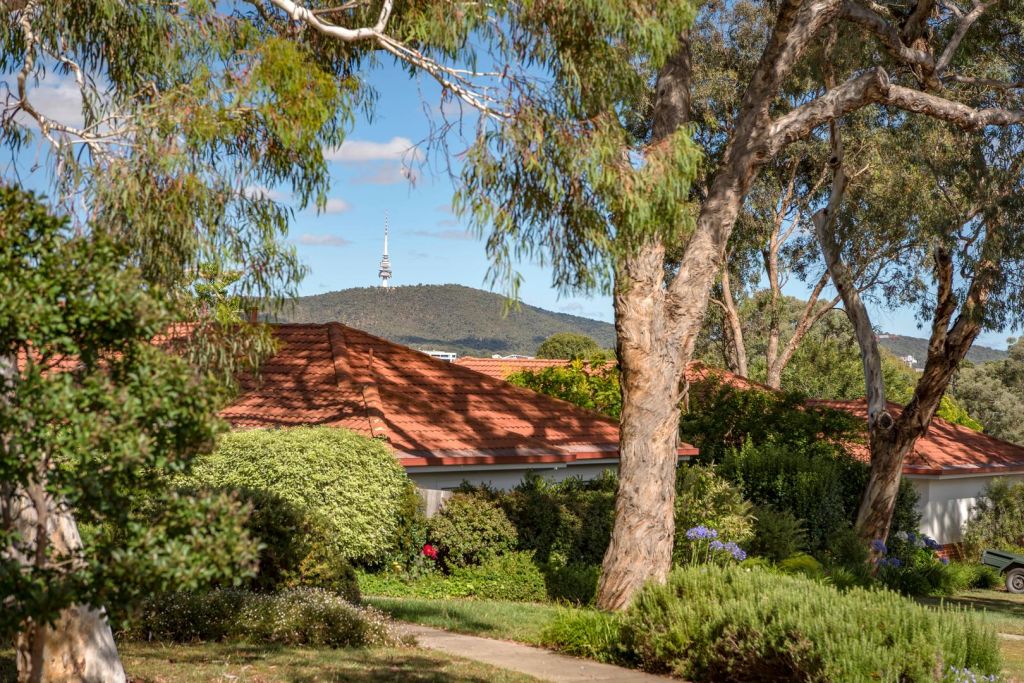
Canberra is still seen as a safe haven for apartment property investors with interest driven by its reputation as the most expensive capital city in which to rent a unit and a headline rental vacancy rate of less than one per cent.
According to the latest Domain Rent Report, investors can find healthy yields and lower buy-in prices in the bush capital than they can in the more sought-after areas of Sydney and Melbourne.
The capital’s top suburban performer was units in Harrison, with a median gross rental yield of 6.07 per cent. This was followed closely by Mawson units with a median gross rental yield of 5.96 per cent and Phillip units at 5.92 per cent.
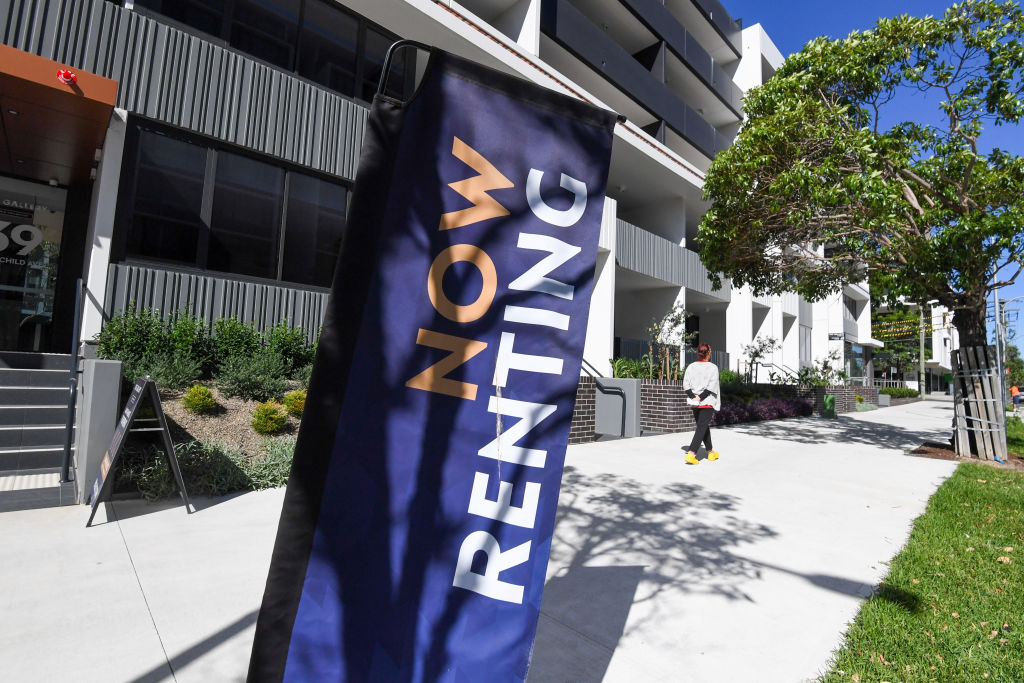
Hannah Gill of The Property Collective said a number of factors were driving Canberra’s appeal.
“Interstate and international investors certainly take notice of the market fundamentals; we generally have a highly educated and well-paid workforce with many people in stable and secure employment in the public service,” she said.
“And there is a wide range of choice in the unit market with properties in the high $300,000s to $500,000s being sought after.”
Ms Gill said properties in this price range were positioned to meet needs in gross rental yields, but buyers needed to be mindful of holding costs that included rates, land tax, body corporate fees, utilities and maintenance and repairs.
Suburb
Region
Property
Median weekly asking rent
YoY change
Median gross rental yield
Harrison
Gungahlin
Units
$450
0.0%
6.07%
Mawson
Woden Valley
Units
$520
30.0%
5.96%
Phillip
Woden Valley
Units
$510
10.9%
5.92%
Franklin
Gungahlin
Units
$480
6.7%
5.88%
Campbell
Inner North
Units
$555
3.7%
5.81%
Wright
Weston Creek
Units
$500
8.7%
5.78%
Belconnen
Belconnen
Units
$490
8.9%
5.76%
Bruce
Belconnen
Units
$485
10.2%
5.69%
Gungahlin
Gungahlin
Units
$465
3.3%
5.64%
Greenway
Tuggeranong
Units
$465
3.3%
5.60%
On the other side of the ledger, vacancy rates were still extremely low and likely to remain that way because of the demand for housing.
Domain data for the month of May revealed Canberra had a monthly vacancy rate of 0.7 per cent, a figure that remained unchanged from the previous month and the year prior.
“Externally, there are other pressures including rising interest rates, tighter lending, inflation – including energy and fuel costs – and uncertainty around other global events like the war in Ukraine,” Ms Gill said.
“Buyers need to balance all of these factors and seek independent advice in coming to a view on any particular investment option.”
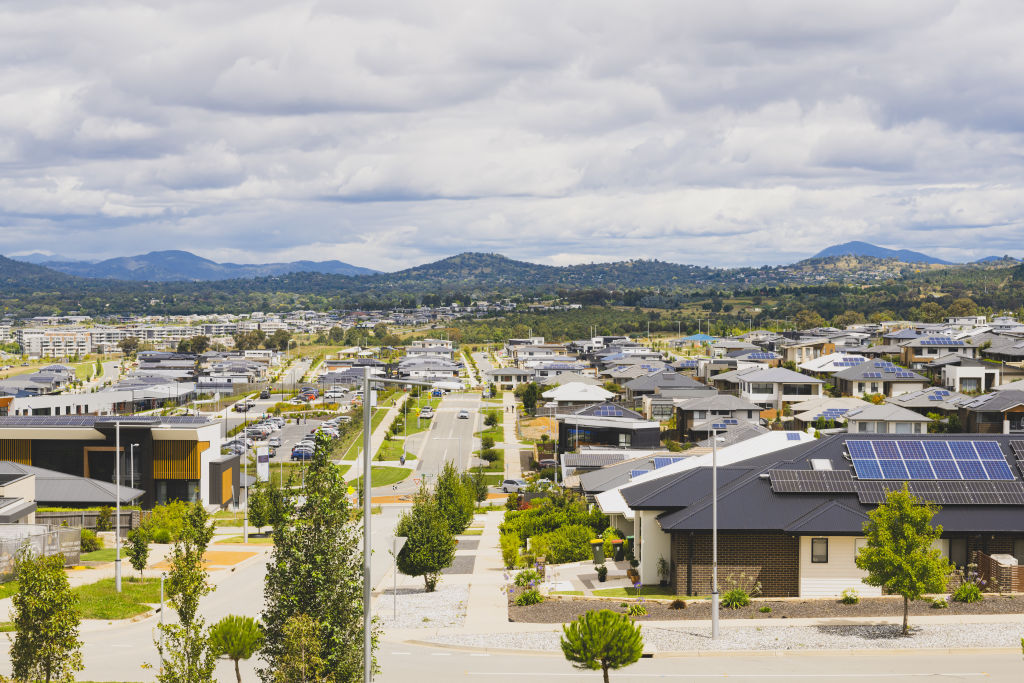
Boris Teodorowych of Boris Property said Canberra yields made sense to interstate buyers.
“For example, they could spend, say, $800,000 for a one-bedroom apartment in a chosen area of Sydney or Melbourne for a rental return of around $550 per week,” he said.
“However, they could buy a similar quality property in Canberra for $500,000 to $600,000 for a similar rent that would deliver a higher yield.”
Mr Teodorowych echoed Ms Gill’s recommendation that interstate investors educate themselves on holding costs in the ACT and ensure they are familiar with the territory’s tenancy laws.
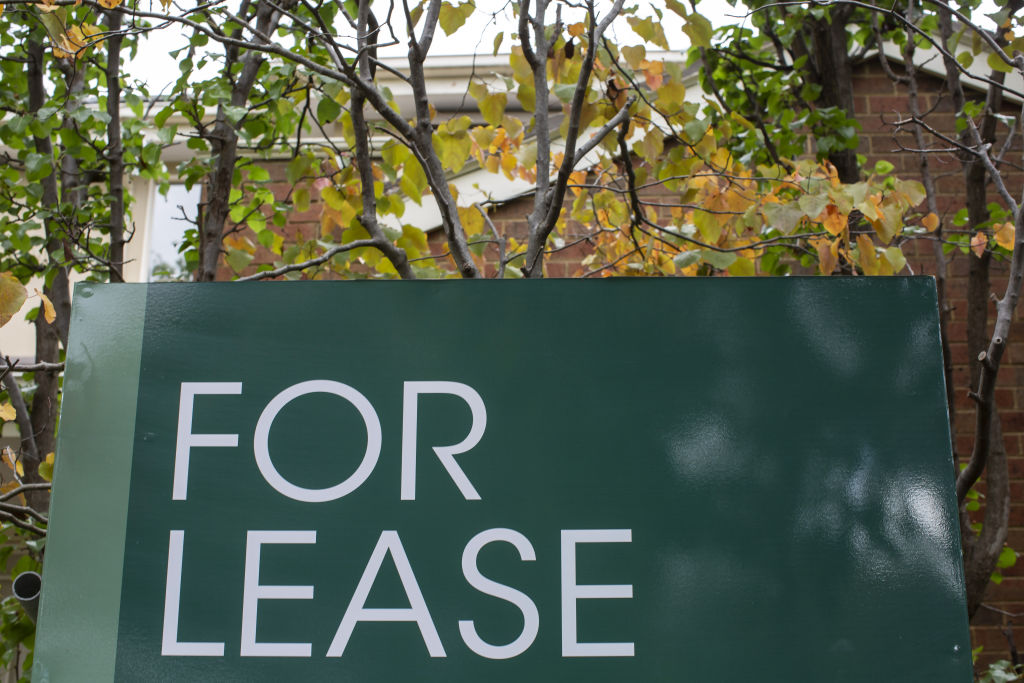
“Beyond rental yield, investors need to understand stamp duty exemptions, depreciation, capital growth and negative gearing benefits,” he said.
Mr Teodorowych said a fundamental consideration for investors was the location of a considered unit.
“That’s the key to price growth – unit renters are attracted to the cool, walkable neighbourhoods like the Kingston Foreshore, Braddon, the city and similar locales with restaurants, cafes, bars and gyms,” he said.
“After that, the reputation of the developer and builder is an important consideration for buyers. Due diligence is definitely a high priority.”
We thought you might like
States
Capital Cities
Capital Cities - Rentals
Popular Areas
Allhomes
More
